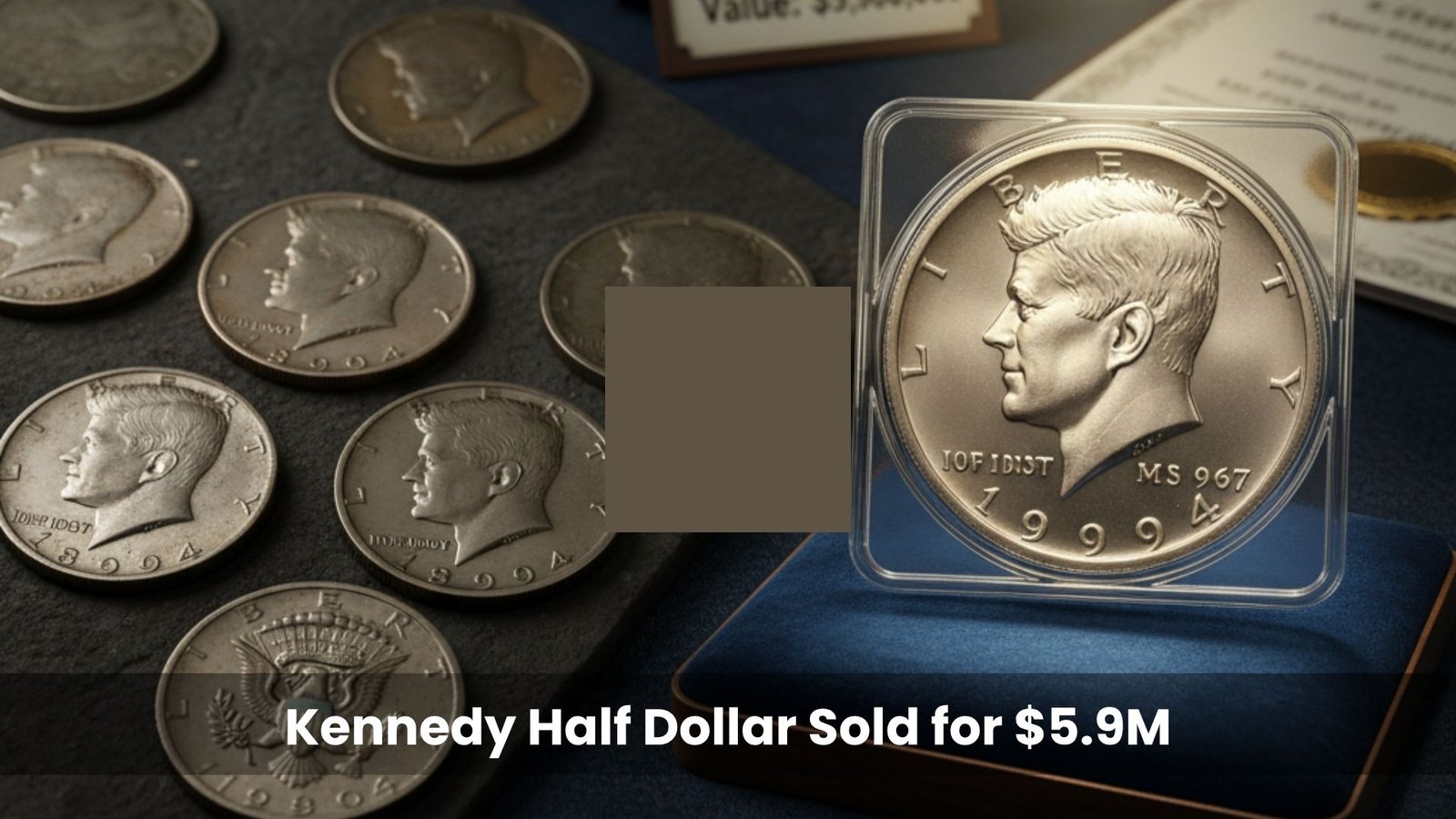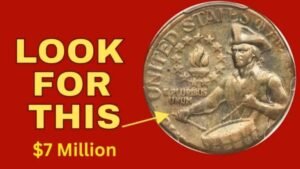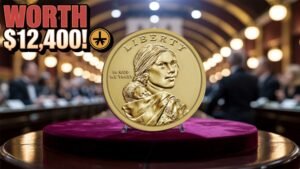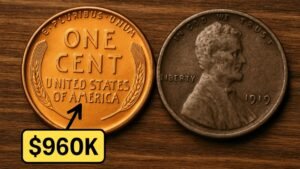Imagine digging a shiny 50-cent piece from your couch cushions, only to learn it could fetch $5.9 million at auction. That’s the wild world of the Kennedy half dollar—a coin born from tragedy that now captivates rare coins collectors and numismatists everywhere.
Whether you’re a history buff or just curious about hidden gems in your wallet, this post dives into its story, value, and tips to spot a winner. Stick around to uncover why this everyday coin is anything but ordinary.
What is the Kennedy Half Dollar?
The Kennedy half dollar is a U.S. 50-cent coin featuring President John F. Kennedy’s profile on the front. Minted since 1964, it replaced the Franklin half dollar with a fresh design. Gilroy Roberts sculpted the obverse, while Frank Gasparro handled the reverse presidential seal. It’s a staple for rare coins enthusiasts, blending history and artistry.
The Origin Story: Honoring a Fallen President
Picture November 1963: JFK’s assassination shocks the nation. Congress acts fast, approving a memorial coin by December. The U.S. Mint rushes production, releasing the first Kennedy half dollars in March 1964—just four months later. Over 273 million silver versions hit circulation that year, but many were hoarded as keepsakes. This quick turnaround makes it a poignant piece of numismatic history.
Why Kennedy Half Dollars Shine in Today’s Numismatic World
Today, the Kennedy half dollar isn’t just change—it’s a smart investment for collectors. While common ones fetch face value, rare variants skyrocket in worth due to condition, errors, and silver content. In a booming rare coins market, these beauties offer both sentimental pull and solid returns, drawing hobbyists and investors alike.
How to Dive into Collecting Kennedy Half Dollars
Ready to hunt treasures? Start small: Grab a 1964 proof set from a dealer or online. Check your loose change for silver edges (pre-1971). Join clubs like the American Numismatic Association for swaps and advice. Building a set boosts fun and value—think of it as a patriotic puzzle.
| Year Range | Composition | Typical Value (Circulated) | Why Collect? |
|---|---|---|---|
| 1964-1970 | 90% Silver | $5–$10 | High silver melt + history |
| 1971–Present | Copper-Nickel Clad | 50¢–$2 | Modern errors, affordability |
Mind-Blowing Facts and Auction Highs
Did you know the Kennedy half dollar was designed in record time, adapting JFK’s inauguration medal? Or that early hoarders melted many for silver, spiking rarity? Here’s a stunner: A 1964 Special Mint Set version sold for $5.9 million in a private deal—still rumored in circulation! That’s numismatic gold.
| Rare Variety | Key Feature | Auction Record |
|---|---|---|
| 1964 Accented Hair | Extra hair details on JFK | $31,200 (PR69) |
| 1964 SMS SP68 | Flawless mint shine | $156,000 |
| 1970-D Doubled Die | Obverse doubling error | $10,000 (MS67) |
Pro Tips from Numismatic Pros
Examine edges for reeding wear—sharp means uncirculated. Use a loupe for doubled dies on the date. Store in albums to prevent toning. And hey, authenticate high-value finds with PCGS or NGC grading. Patience pays off in this hobby.
Frequently Asked Questions
What’s the rarest Kennedy half dollar?
The 1964 SMS in top grades—only a dozen known.
Are all Kennedy half dollars silver?
No, just 1964–1970; later ones are clad.
How do I know if mine’s valuable?
Check year, condition, and errors—consult a guide or appraiser.
Can I find one in change today?
Rare, but possible—vending machines sometimes spit out oldies.
Conclusion
From humble beginnings to headline-grabbing sales, the Kennedy half dollar proves history’s worth in our pockets. Whether chasing that $5.9 million dream or just enjoying the hunt, dive into numismatics—it’s rewarding and fun. Got a coin stash? Share your finds in the comments, or explore more rare coins guides. Your next treasure awaits!




